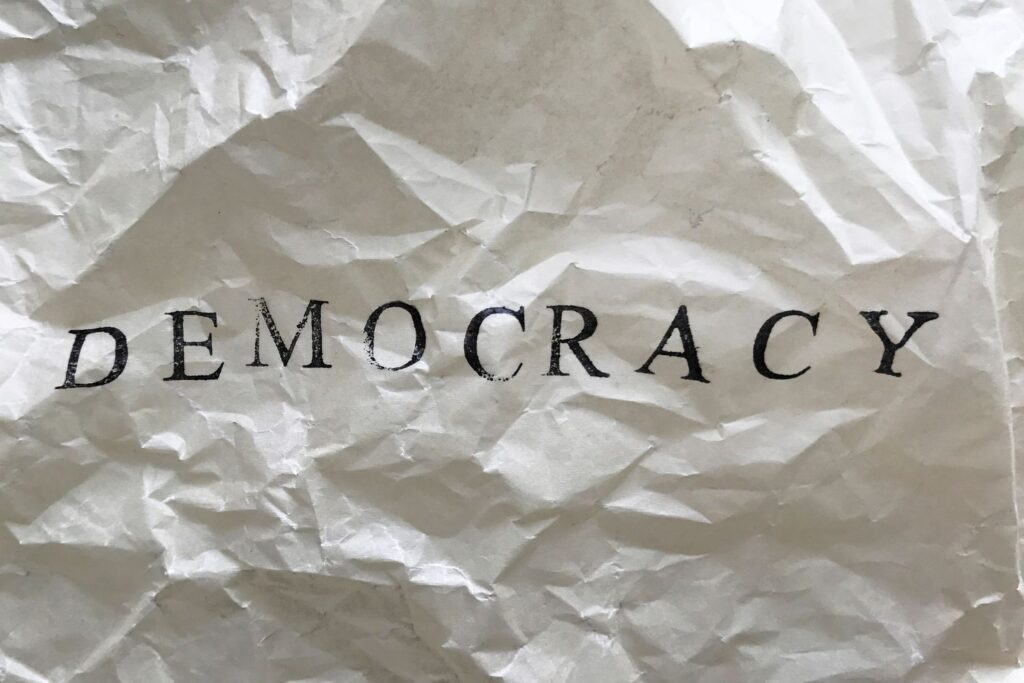Understanding the Climate Crisis in an Era of Polycrisis
The author examines the climate crisis through the lens of polycrisis, highlighting how climate change exacerbates environmental degradation and intensifies interconnected crises such as infrastructure failures, biodiversity loss, pandemics, supply chain disruptions, and civil unrest. He underscores the need for comprehensive, systemic responses to effectively manage these challenges.
Understanding the Climate Crisis in an Era of Polycrisis Read More »










